Tom Brady has officially transitioned from the field to the boardroom, being unanimously approved as a part-owner of the Las Vegas Raiders. The seven-time Super Bowl champion has taken a 10% stake in the Raiders, sharing ownership with business partner Tom Wagner. This ownership marks Brady’s next chapter in football, following a 23-year NFL career that cemented him as the greatest quarterback of all time.
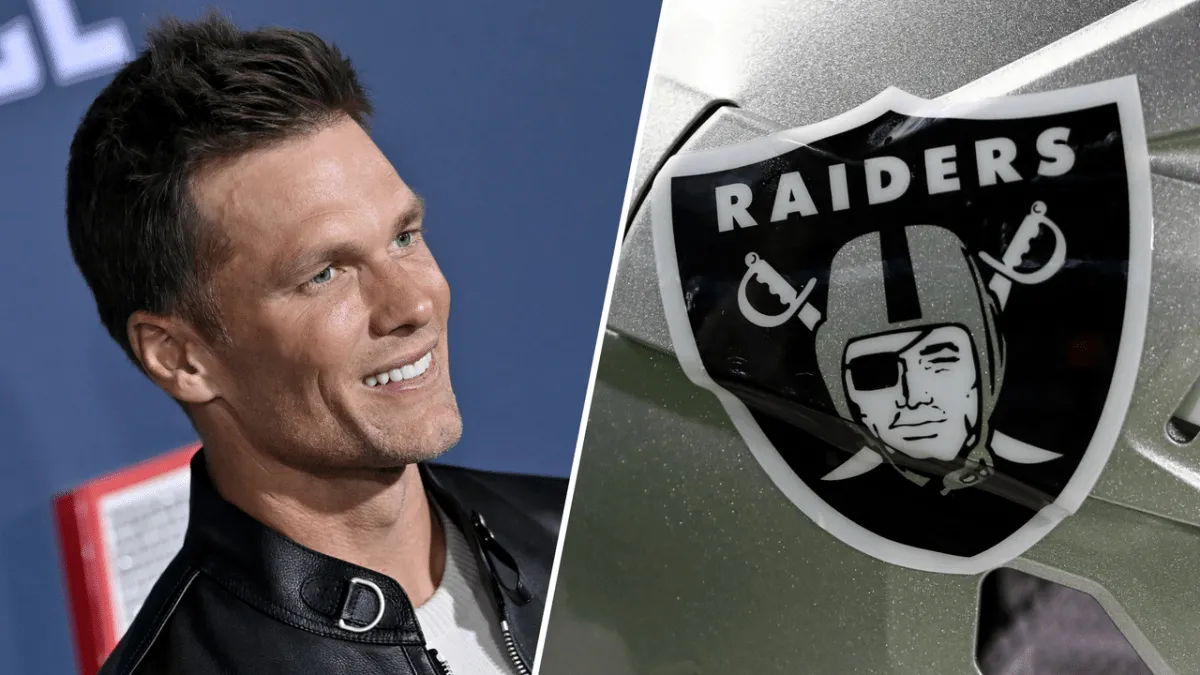
However, his new role as a team owner has sparked a unique dilemma—especially regarding his high-profile contract with FOX, where he signed a deal worth $375 million to be the lead NFL commentator. This deal, set to make Brady a central figure in NFL coverage, now comes into question due to potential conflicts of interest arising from his ownership stake in the Raiders.
As part of his role with FOX, Brady is typically involved in production meetings with coaches and players before NFL games to gain insights for his broadcasts. These meetings often provide commentators with crucial inside information that shapes their analysis and game-day narratives. However, Brady’s new ownership position complicates this practice. Teams around the league have raised concerns about the possibility of Brady receiving privileged information about their strategies, personnel, and game plans.
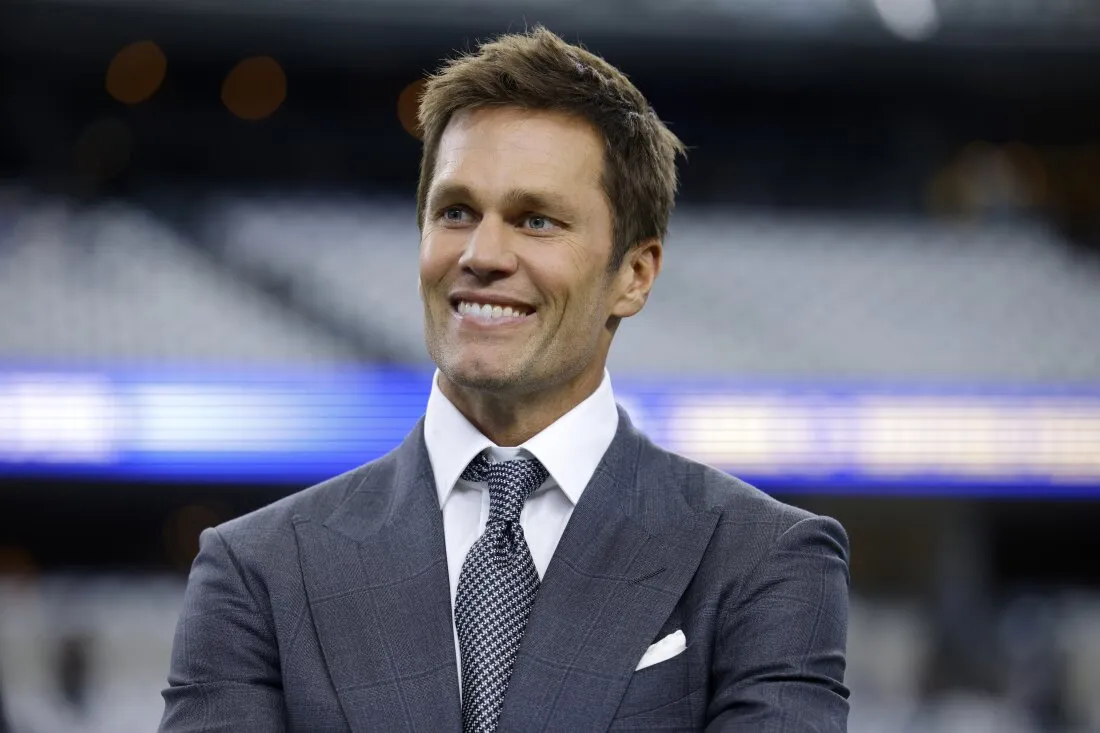
This potential conflict is even more significant because Brady, as an owner of the Raiders, could be perceived as having an unfair advantage in accessing sensitive information. ESPN has reported that some NFL teams are already wary of this dynamic. The league maintains strict rules around ownership and competitive integrity, and Brady’s unique dual role blurs the lines between team executive and media analyst.
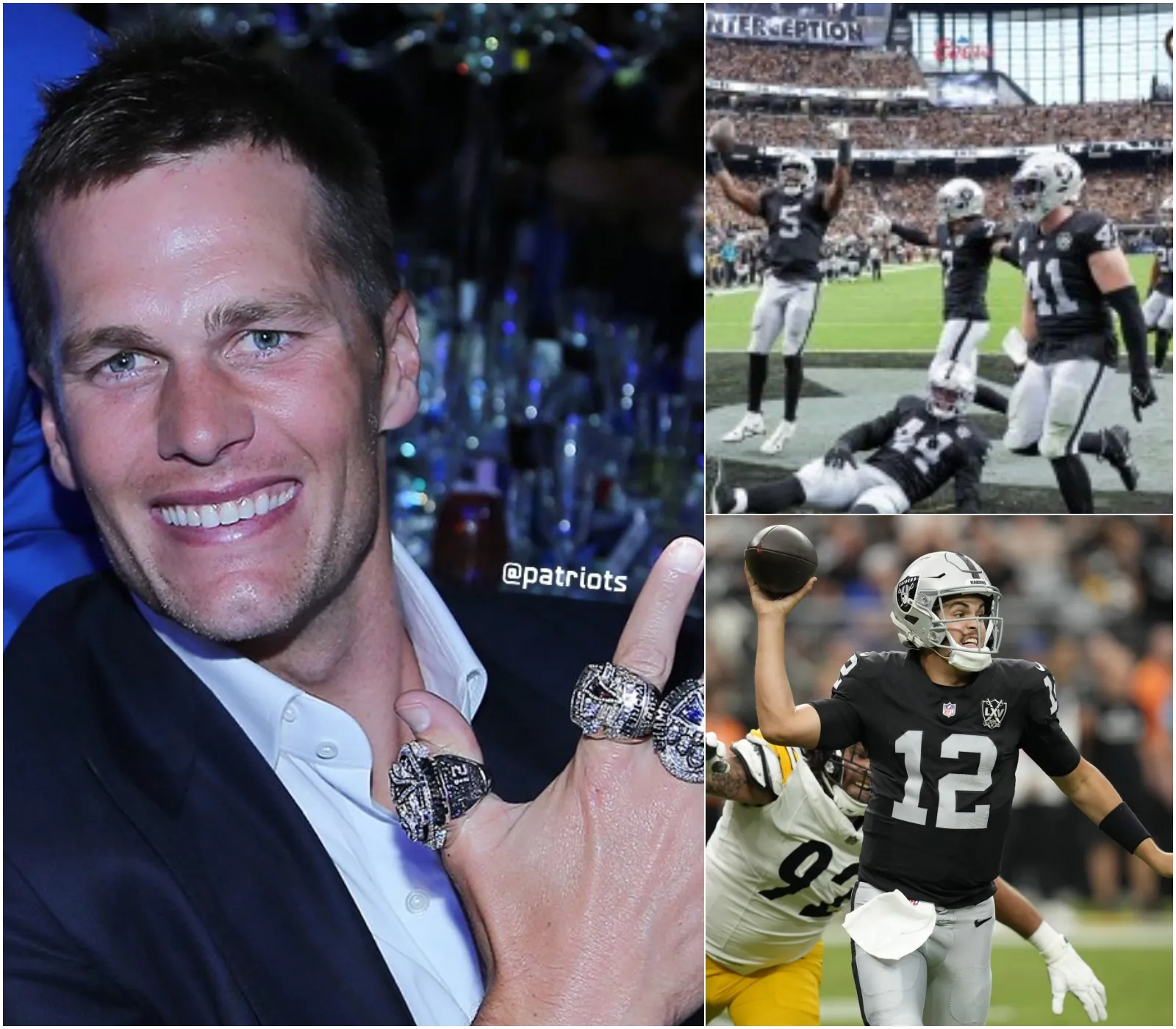
Moreover, there’s a regulatory hurdle that needs to be addressed: owners cannot also be players in the NFL. While Brady has retired from playing, his involvement as an owner means that any hypothetical return to the field would require significant legal and procedural hurdles. However, with Brady only one phone call away from potentially returning to play, this rule is something the NFL keeps in mind.
Following the confirmation of his part-ownership, Brady shared his excitement on social media, stating, “I’m incredibly humbled to have been unanimously approved as an owner of the Las Vegas Raiders. Throughout my NFL career, I’ve learned that football is a game of teamwork, resilience, and a relentless pursuit of excellence.” He emphasized his admiration for the Raiders’ franchise and Las Vegas, promising to honor the team’s tradition and help the organization succeed.
Brady’s ownership adds another dimension to his growing sports portfolio. Beyond the Raiders, Brady is also a minority owner of the Las Vegas Aces, the WNBA champions, alongside Raiders owner Mark Davis. Additionally, he has invested in Birmingham City, an English soccer team in League One, where he serves on the board as part of the Shelby Companies Limited group. This shows Brady’s expanding influence in the sports world beyond football.
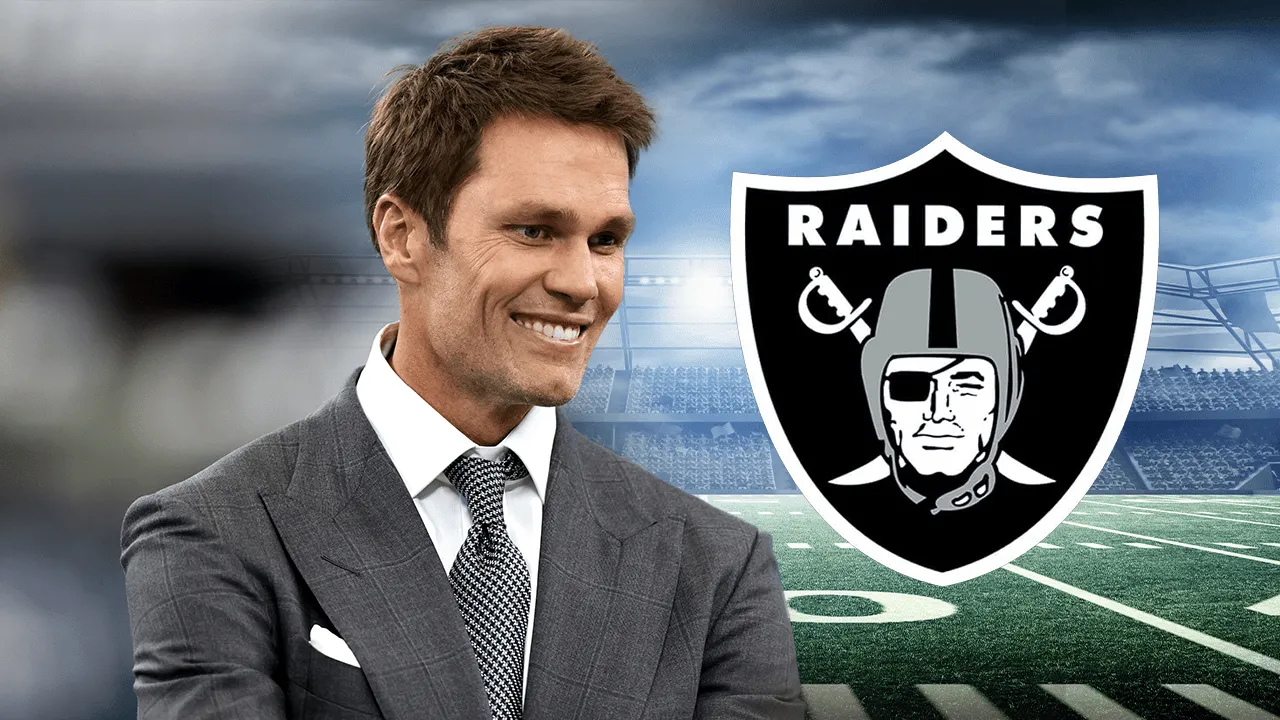
Brady’s involvement in Raiders ownership does have immediate consequences for his broadcasting career. According to NFL rules and agreements with FOX, Brady is prohibited from attending TV production meetings in person or virtually due to his ownership status. These meetings are critical for gaining behind-the-scenes access to player strategies, which commentators rely on to provide detailed game coverage. Brady’s absence from these meetings could limit his insight and depth of knowledge during broadcasts.
Furthermore, Brady’s role as a team owner restricts him from publicly criticizing officials or NFL teams. This limitation is essential, as owners are subject to stricter rules regarding public comments about the league. As a result, Brady’s ability to provide candid commentary on controversial officiating decisions or team performances will likely be more measured compared to other analysts.
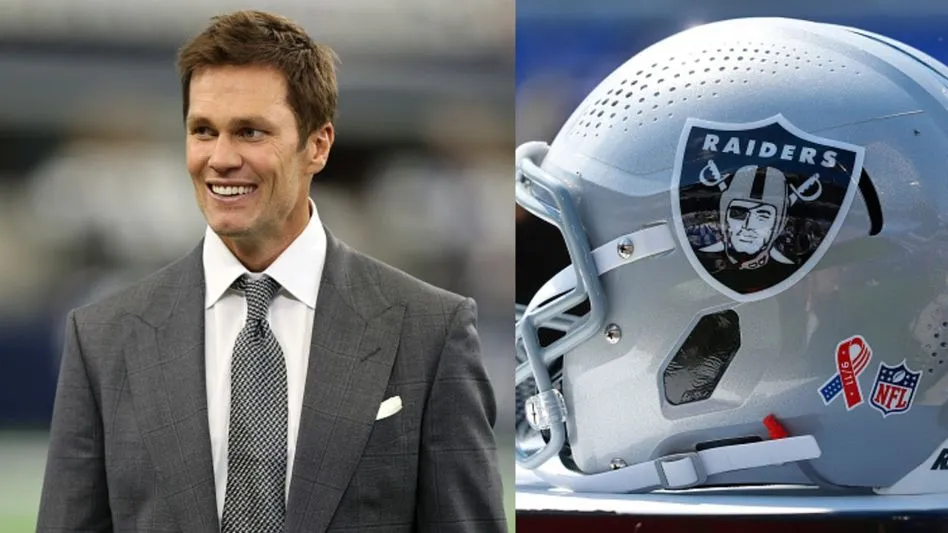
Despite these challenges, Brady remains eligible to call Raiders games as part of FOX’s NFL coverage. This situation presents an unusual dynamic, where the same person who partially owns the Raiders could be calling their games on national television, leading to concerns about potential bias or perceived conflicts of interest.
Brady’s transition into ownership marks yet another milestone in his storied career. The NFL legend’s investment in the Raiders adds to his legacy, not just as the most accomplished quarterback in NFL history, but also as a businessman with a growing influence in multiple sports. His association with high-profile figures like Robert Kraft, owner of the New England Patriots, and Jerry Jones, owner of the Dallas Cowboys, further cements his status within the elite NFL ownership circles.
However, navigating the balance between his media obligations with FOX and his responsibilities as a Raiders owner will be a tightrope act. Brady’s $375 million contract with FOX is one of the most lucrative in sports broadcasting, and any potential friction between these two roles could influence how both his ownership and broadcasting careers unfold.
As Brady continues to settle into his new role, both the NFL and FOX will need to carefully manage the boundaries of his dual involvement to ensure competitive fairness and integrity. Regardless, with Brady’s history of success both on and off the field, his ability to adapt and thrive in these new roles is likely to keep him in the spotlight for years to come.





